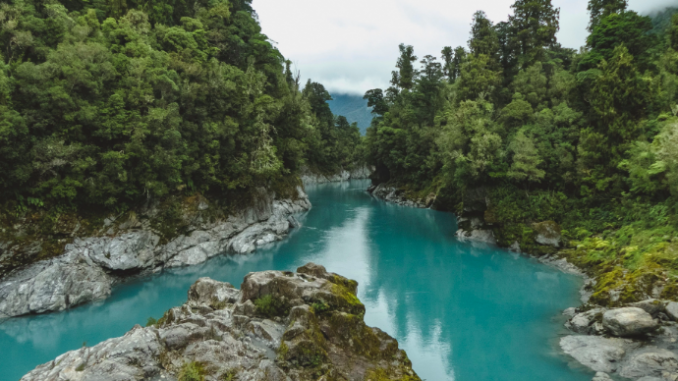
I may not have met you, but one thing I know: as a TreeSister you are passionate about trees. In fact, I imagine that your relationship with trees, much like my own, is deeply personal.
On Sunday 21 October, I will be a keynote speaker at The Tree Conference in Frome, Somerset, which is committed to inspiring citizen-led reforestation, the growth of ancient forests in the UK, and the wider re-greening of our Earth. Other speakers at this year’s event include molecular biologist Dr Martin Bidartondo, land manager and conservationist Isabella Tree, author of Wilding; and a special forest defender from the Amazon soon to be announced. The conference provides a forum for multiple voices and perspectives on how to regreen this precious planet of ours.
 As a facilitator of expressive writing therapy and a writer, I am fascinated by this idea of restoration as a vital aspect of restoration. It’s what I’ll be focusing on. We humans are always living in a story. Our society’s dominant story is called its cosmology or a worldview. It’s how we make sense of our place in the world. Ironically, the more overpowering the story, the more immersed we are in it, the more invisible it becomes to us. It shapes our behaviors, yet we don’t realize it. We think it’s just the way things are.
As a facilitator of expressive writing therapy and a writer, I am fascinated by this idea of restoration as a vital aspect of restoration. It’s what I’ll be focusing on. We humans are always living in a story. Our society’s dominant story is called its cosmology or a worldview. It’s how we make sense of our place in the world. Ironically, the more overpowering the story, the more immersed we are in it, the more invisible it becomes to us. It shapes our behaviors, yet we don’t realize it. We think it’s just the way things are.
Right now, we are living in a story that tells us that humans are superior and separate from the earth. This narrative drives us to exert power over nature, exploit the earth and other beings, and to relentlessly pursue economic growth and material progress.
We need a new story. Better yet, thousands of new stories.
The trouble is, the dominant narrative tends to overshadow the emerging, life-giving ones. Even while rivers run dry, forests burn, and the seas choke on plastic, many remain so firmly attached to the old story they cannot accept the reality of what is happening. They cannot grasp that we are headed for a tragic conclusion rather than a happy ending, unless we change the central premise of the story now.
Of course, it’s tempting to confront a big and dominant story with a bigger and better dominant story. But what if this is a David and Goliath moment? What if we need smaller, individual stories, and lots of them?
 A healthy forest is a diverse forest. So, too, this new world will be born not out of one governing narrative, but many diverse voices, rooted in local communities and particular experiences.
A healthy forest is a diverse forest. So, too, this new world will be born not out of one governing narrative, but many diverse voices, rooted in local communities and particular experiences.
We will recognize these new stories because they will be written with humility, a word that comes from the same Latin root as humus, or the fertile soil of the earth itself. They will forgo certitude for curiosity. They will deal not in abstracts, but in specifics. They will be embodied, empathetic, relational. And like forest seeds, they will grow in the dark earth of our beings until they are strong enough to take root and sprout.
What will these new stories demand of you? A willingness to stand tall, like trees. A willingness to be as vulnerable as the smallest sapling. A willingness to put aside the false humility that says you have nothing to say, nothing to add of value, that you aren’t creative enough. A willingness to speak honestly about your experiences with trees, how you feel in their presence, how they move you, and communicate with you.
![]() Some will find a voice in poetry, others in prose. Some will sing or paint. Still others will come together in circle to share their stories, so that each story builds, one upon the other, until our voices weave a vibrant and varied tapestry.
Some will find a voice in poetry, others in prose. Some will sing or paint. Still others will come together in circle to share their stories, so that each story builds, one upon the other, until our voices weave a vibrant and varied tapestry.
In the spirit of community, I will also be giving an afternoon workshop,Reclaiming the Wild Soul: Writing from Earth’s Landscapes, at the Bennett Centre in Frome on Saturday 20 October, organised by The Tree Conference. Together, we will engage in re-story-ation, guided by the wisdom of forests, mountains, rivers, oceans.
The dominant story is coming to an end. And when it does, your story, my story, all of our stories will be like seeds in the forest, ready to rise up and take its place.
https://www.treesisters.org/2017-10-04-18-28-09/blog/24-nature-connection/610-giving-voice-to-the-forests
